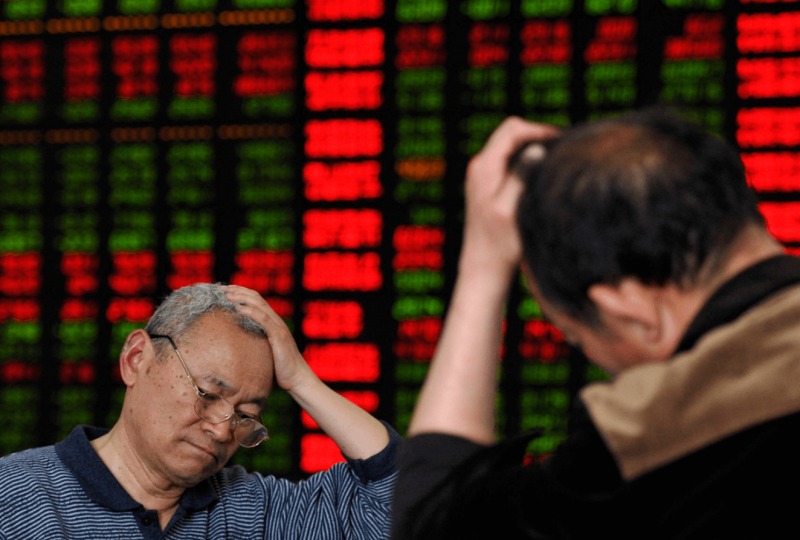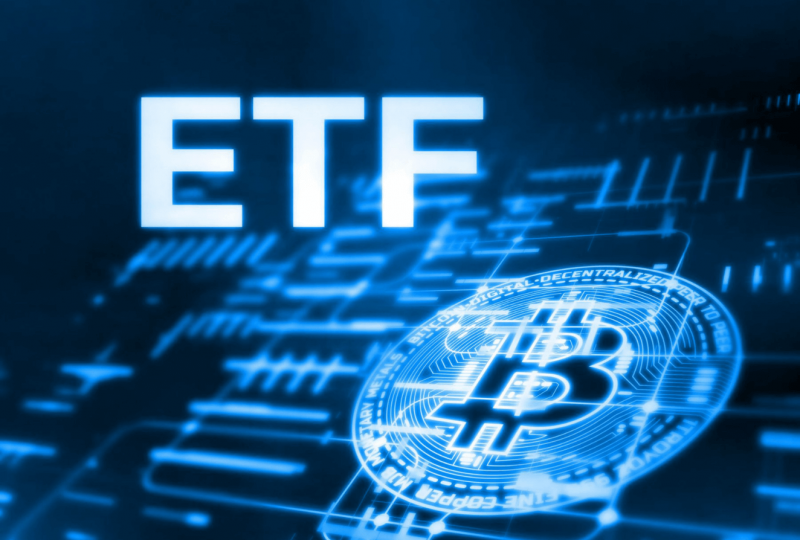Expert Opinion: Delisting Chinese Stocks Is Still on the Table. Watchdog Says Hope for a Deal is ‘Premature.’
Mar 24, 2022

Chinese officials' promises that they were making progress toward resolving difficulties that may lead to the delisting of US-traded mainland equities were possibly premature. On Thursday, the Public Company Accounting Oversight Board stepped in, casting doubt on news that had led to a recovery in those stocks.
In a statement issued on Thursday, the audit watchdog stated that speculation regarding a final agreement with Chinese authorities that would grant the PCAOB access to documents from audit companies operating in China and Hong Kong is "premature."It was uncertain if the Chinese government as a whole would agree to give and facilitate the sort of access the watchdog needed, according to the report.
The PCAOB stated that it is continuing to communicate with Chinese authorities, but it also stated that there are no signs of a weakening of the US position, which needs full access to relevant audit documents, including for corporations in sensitive areas.
In a statement, the monitoring organization added, "This is not negotiable." Investors were not pleased with the news. On Thursday, the Invesco Golden Dragon China ETF (PGJ) declined 4%, while Alibaba Group (BABA) sank 4%.
These dips follow a significant spike last week in reaction to Chinese officials' assertions that they were making headway toward a settlement that may prevent Chinese businesses from being delisted under the Holding Foreign Companies Accountable Act.
As Barron's reported last week, Chinese officials' pledges were not matched with similarly reassuring words from US regulators. In fact, in the United States, there is a growing movement for tighter inspection of Chinese corporations.
Congress has been discussing a provision in its China competition bill that would establish a framework to examine outbound investments and the offshoreing of vital capabilities and supply chains. According to Owen Tedford, a research analyst at Beacon Policy Advisors, the terminology around what is a vital capacity and what transactions would be covered is still unclear, including whether it would apply solely to technological transfers or also monetary stakes.
The proposal is being met with opposition from politicians, and it may not be included in the China competition bill, but Tedford sees momentum for a possible executive order to address the issue. According to Tedford, such an order could limit US investment by banks, mutual funds, and other financial institutions in Chinese technology firms and startups in sectors such as semiconductors, artificial intelligence, and facial recognition technology, as well as export-control restrictions that would limit the shipment of technologies themselves.
The confluence of circumstances — Congress' posture, the prospect of an executive order, and the PCAOB's stance — demonstrates that the US-China relationship remains tense. Even if market
Comments of Expert:
“I still can’t believe there are people who invest in Chinese stocks and unscrupulous pundits who cheer them on from the sidelines. As long as Xi is in power, delisting is inevitable. It doesn’t look like Xi is going anywhere for the next decade.”
MK from Barron’s
If you want to suggest your news and share your professional comments for commercial offers DM us: [email protected]




